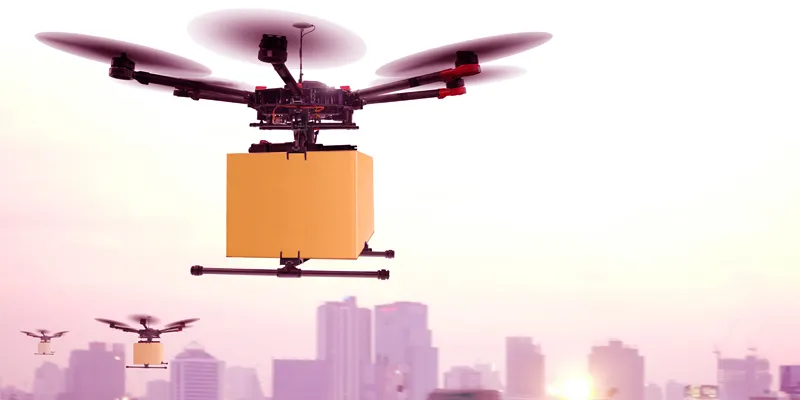Flipkart goes ‘express’ to reduce delivery time by a day
In December 2016, RedSeer Consulting published a report that said Snapdeal beat Flipkart and Amazon in delivery time. Three months later, the tables have turned, and Flipkart–which is reportedly close to acquiring Snapdeal–is now revealing a strategy that it has been developing over the past year.

Aiming to reduce the delivery time for orders, Flipkart has launched an ‘Express Programme’, which helps sellers mark all the orders ready to dispatch, within two hours of receiving it. Implemented after the extensive training of sellers, Flipkart claims that the programme has brought in a significant spike in the total number of orders, in light of exceptional customer experience.
Talking to YourStory, Anil Goteti, Head of Marketplace at Flipkart, said, “Express Programme is all about building the capability to pick and pack within two hours after the order is placed. This has helped us reduce shipping time by a day.”
Long effort
Started as a pilot in May 2016 with 10 retailers and 1.6 percent of marketplace units, Express Programme has gone on to cover more than 3,000 retailers across 31 non-metro locations, including smaller towns like Jalandhar and Indore. Currently, more than half of the units are under the Express Programme, with more than 1.5 crore products.

While faster delivery of products helps sellers garner more orders, it can be logistically challenging. For Express Programme, Flipkart had to create a new design in their supply chain.
Anil says, “Usually, the packed items go to a first-mile warehouse before being taken to the mother hub for sorting. We made a change to that. The products on Express lane go to the mother hub directly, thereby saving time in transportation.”
Flipkart’s own logistics arm, Ekart, as well as third party service providers follow this procedure.
Additionally, sellers were given training through location managers. “We had class room sessions with them. Although it is not easy to scale across cities, we managed to get more than 50 percent of units under the programme, because the sellers are happy to do it.”
Sellers’ advantage
Sellers can choose the products for Express Programme – those items of which they have enough inventory and can pick and pack fast. Apparently, there is no differentiation for Flipkart’s private label Smartbuy’s products. “Also, the programme has been effective across categories, from electronics and appliances to lifestyle,” Anil notes. He claims that sellers have noticed decreasing customer cancellations and improved order-to-delivery dates.
According to Anil, the Express Programme was not about financial investment but technological innovations in infrastructure. He adds,
“Our learning algorithms find out which sellers are doing well in this programme. It will provide feedback to those sellers that are not performing well. If they don’t perform, we will ask them to pull back a few products. But because of our engagement, most of them are able to perform well."
Any seller which has been given Gold or Silver grading by Flipkart, with daily order volume greater than 10, can be onboarded under this programme.
Way to profitability
When it comes to business as usual, the horizontal marketplace has to ensure efficient last-mile delivery. Inefficient logistics will inevitably result in slow delivery and low customer satisfaction, thereby affecting the overall profitability.
With Flipkart aiming for profitability, the e-commerce market leader has been leaving no stone unturned. After gaining a 70 percent market share in fashion category through its alliance with Myntra and Jabong, Flipkart has also announced its intention to enter the grocery sector soon. The Express Programme is sure to strengthen the game against Amazon Prime. Flipkart’s target is to cover 75 percent of units under the programme by June this year.







